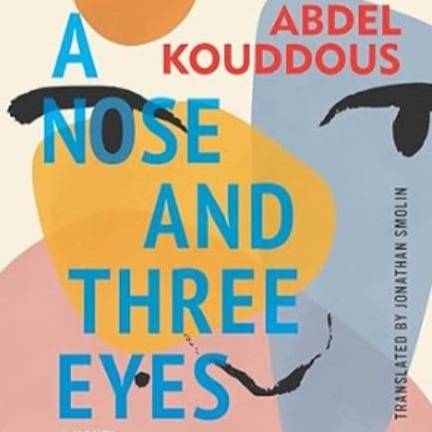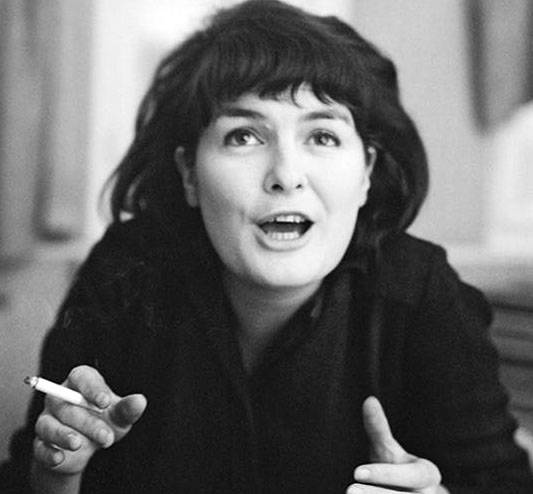With her 14th novel, Nadine Gordimer, now in her 80s, has perhaps come as close as she ever will to perfecting the balance between universal themes, old truths and the more specific fears and the modes of the present.
For most of her writing life apartheid has provided the cage within which this ambivalence has been caught; with apartheid's defeat, without that most epic of political contexts, the question was where she would go from there. In fact there is added interest, both in tracking the subjects she does take up and how well they set off her story (it was migration in The Pickup, written in 2001, and the answer is very well) and because now that apartheid is over, there's more power to the metaphor. It's easier, I think, to write about things when they're not so much in close-up. Her subject this time is light: radiation, pollution, the toxic and infectious; which category also includes love – blinding, viral, maddening, occasionally fatal, but always necessary for human life.
To give away too much of the story would be a mistake (there are twists and reversals, wonderful threads seen through to the end, which would spoil if forewarned about). Briefly, the plot involves two generations: Paul, an ecologist, a man of 35, with thyroid cancer. After treatment he is left radioactive for a time, harmful therefore to everyone who comes into contact with him. His parents insist on taking him in; he effectively goes under voluntary house arrest while the 'light' (it's described in those terms) ebbs from him; he is separated from his wife and small child while he does this. Meanwhile, his parents have troubles of their own.
The characters' occupations are made to do maximum work: Paul's wife is an advertising executive whose campaigns promote the causes he campaigns against; Paul's mother is an eminent lawyer, later appointed to the bench; his father is a thwarted archaeologist. Together, they're a map of modernity – full of yearning for explanations from the past, trying to find ways into a sustainable future, endlessly making mistakes of the heart in the present.
It's tempting to say that Get A Life reads like the work of a much younger writer, in the sense of being hip and skippy, the references absolutely au courant. But that would be misleading, for it is also wise, and with the wisdom that – and what a great time we're living in! – seems to be flowing from the pens of our elder-statesmen writers.
The quality of exactness reminded me of Don DeLillo's The Body Artist (a novella; this one, still short, tips 200 pages), ruthless in eviscerating the nuances of her subject, while at the same time allowing for the surprises and spookiness that invigorate the best fiction – the way all good stories are tales of the unexpected.
In his journal, kept while writing The Grapes of Wrath, John Steinbeck described these triggers, these heady transitions of scale and style as 'pace-changers'; he expressly set out to 'open up' the reader with poetry, and then 'run their nerves ragged' with the dawning of the fact behind the fiction.
Gordimer does this here, and the overall effect is of a wide political landscape, illuminated (that light again) by the individual lives it contains. But it's not without its judders; the bits I found uneven were those moments that ran perilously close to reportage, or argument, and the occasional strict aside about gender, unworthy of her characters. To quote Gordimer back at herself: "Art defies defeat by its very existence, representing the celebration of life, in spite of all attempts to degrade and destroy it." The argument is the novel itself. When it's less successful, it's a commentary on itself, slowed down by the desire to press home the point.
These days Gordimer is cast as the grande dame of 'world literature', subtly distinct from just 'literature'. Why is this? Is it simply because her work is so steeped in a certain identity and a certain place – South Africa? But then Phillip Roth's novels are two times more narrowed-down in their focus: America, Jewishness. But he's perceived I think in more general terms – as though both those things were our narratives too. Could it perhaps be because her canvas is Africa, which – even though she is white – sets her in that other camp, like 'world music'?
If this is the case, her writing post-apartheid really might turn out to be her finest yet – a late flourish much like Roth's. Certainly, one of the many immense powers of this novel is in her triumphant extension of the universal metaphor of light, for of course the sun shines on us all.

